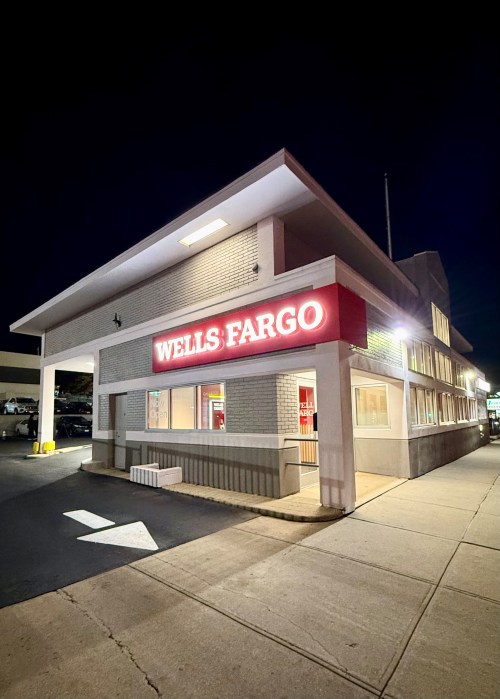The hordes of green-garbed visitors celebrating St. Patrick’s Day Monday in bars throughout the city are bitter evidence to some residents that their neighborhoods have been converted into theme parks for outsiders at the expense of the people who live in them.
Neighborhoods lose their cohesion when outsiders outnumber residents, complains Kathleen Treat, a member of the Hell’s Kitchen Neighborhood Association. The influx of “yahoos from the suburbs” pouring in to drink at Ninth Avenue bars makes her feel “like an alien” in her own neighborhood, she said.
The transformation of neighborhoods into tourist-attracting playgrounds extends far beyond parade days, according to Treat. “Every time a store front becomes available, it’s grabbed up by a bar,” penalizing residents who lose needed grocery stores, fish vendors, laundry mats and retail stores, Treat complained.
Many people who live in tourist-friendly areas say that luxury hotels, souvenir shops, bars and other attractions aimed at those with leisure time and disposable dollars have replaced affordable housing, grocery stores and other shops desperately needed by residents.
In January, the Clinton Chronicle carried a furious diatribe about the “devastating ouster” of the Stiles Farmers Market at 41st Street and Ninth Avenue, where mangos, avocados and eggplants were sold for $1 apiece, to make way for a luxury hotel.
In 2012, some anonymous upstart posted flyers near the High Line announcing that West Chelsea was not a tourist attraction. “Please consider how you would feel if 3 million people a year from around the world trampled your street, your neighborhood, and your local park,” it pleaded.
“There’s definitely a lot of vitriol towards tourists,” said Jeremiah Moss, author of the blog “Vanishing New York.” The rancor stems from “a general sense of being invaded and overtaken by a bland, middle-American sameness” that has turned NYC into “anywhere, USA,” he said.
The suburbanization of NYC has left many residents wondering “who is the city for today? Is it for New Yorkers or is it for tourists who want to have a safe and familiar experience that reminds them of home?” Moss said.
Nearly 53 million visitors stopped by the Big Apple in 2013, resulting in an economic impact of almost $60 billion, according to NYC & Co. Tourism creates jobs and diversifies a local economy that is overly dependent on Wall Street and finance, according to many experts.
Resentment toward tourism is really resentment toward gentrification, said Lily Hoffman, a co-author of “Cities and Visitors: Regulating People, Markets and City Space.”
“The real hostility comes from losing your neighborhood and your home,” said the sociologist.
Moss wants laws a la those in San Francisco that limit the presence of chain stores and “an economy that’s locally owned. I’d like to see the mom and pops and people who live in the neighborhoods be able to work in the neighborhoods and contribute to the local economy.”
A spokesman for Mayor Bill de Blasio did not respond to a request for comment.
But Hoffman noted the new mayor has “come out strong saying that any place that’s rezoned has to be sure to have a higher percentage of affordable housing.”
She conceded, however, there is currently “no protection for small businesses at all.”
NYC & Co. claims tourism generated 12,000 new jobs in the city last year. The positions are in some cases better than the jobs that vaporized with the demise of our region’s manufacturing, according to Ruth Milkman, a sociology professors at the CUNY Graduate Center.
“People are better off working in a unionized hotel than in a sweat shop,” she said.
Her own research indicates that only 11% of the “leisure and hospitality jobs” in NYC are unionized, but that percentage, Milkman said, also reflects a vast number of restaurants, which do not typically offer high-quality, remunerative jobs.
The resentment towards tourism, said Milkman, “is embedded in a much bigger story, and that is the story of a dramatically changing economy,” that has brought gentrification, deregulation, deindustrialization, outsourcing and the erosion of job security, wages and workers’ rights.
Declared Milkman: “The issue is inequality, it’s not tourism.”


























